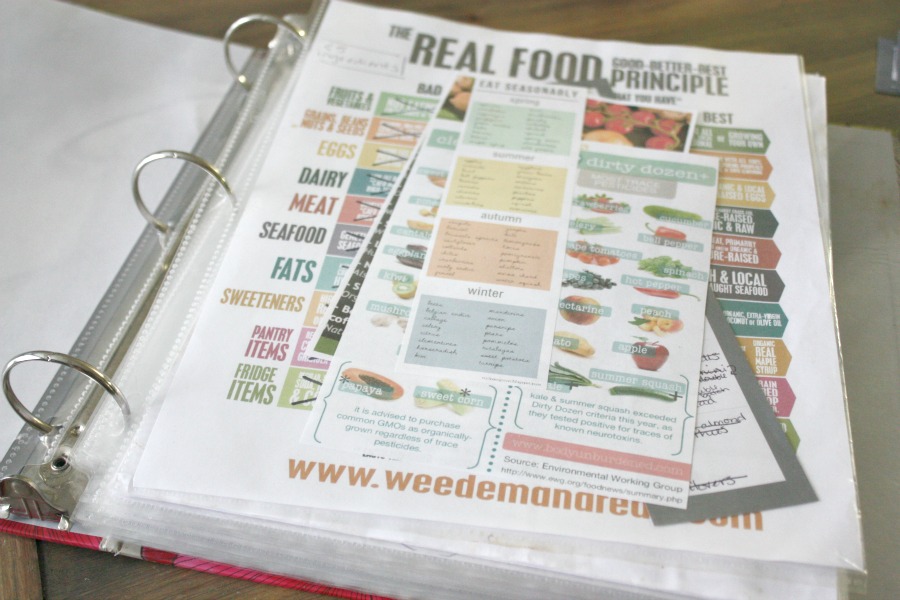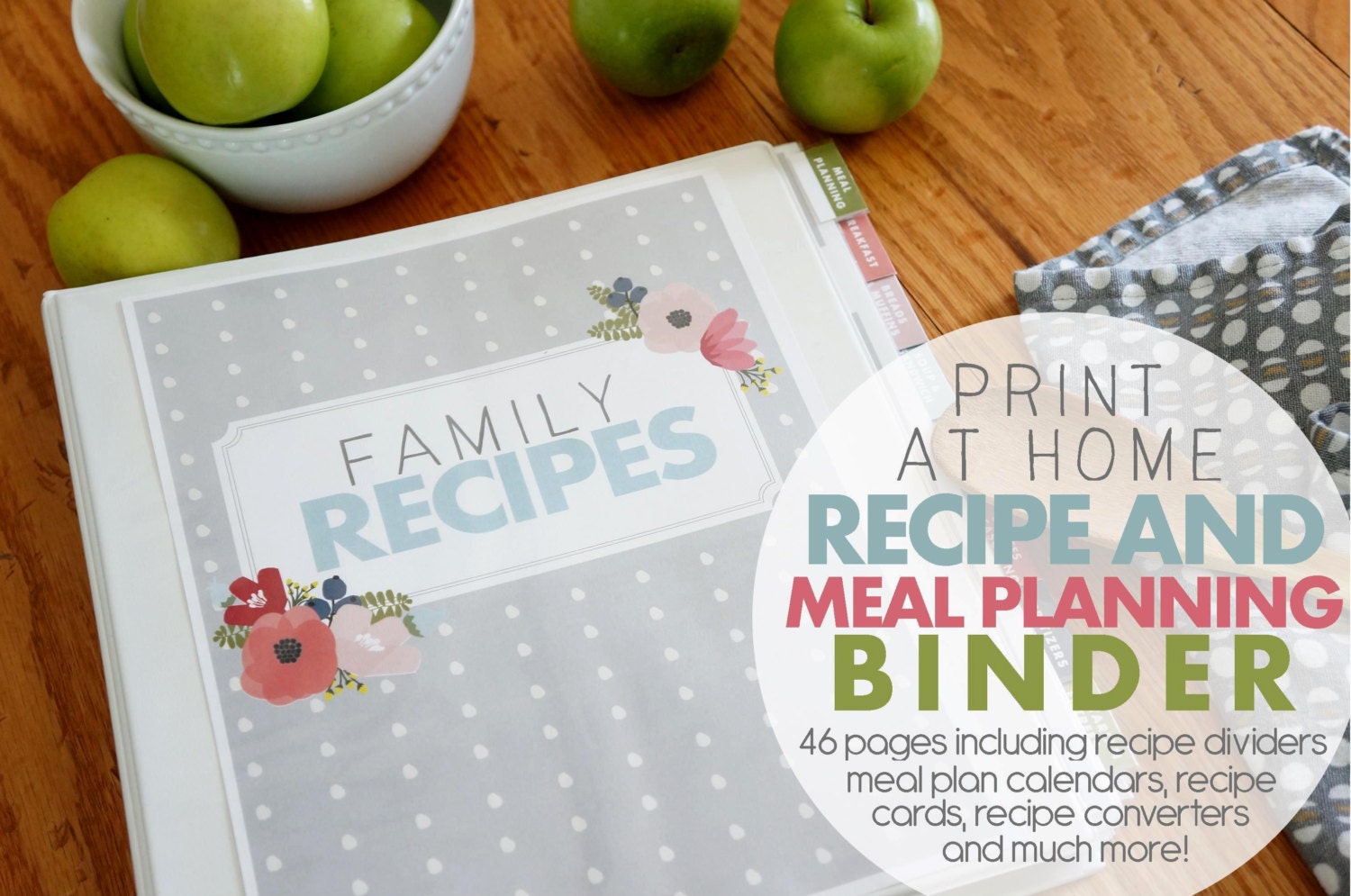
Try to keep the diary going for a few weeks and see if you notice any patterns.Note down any symptoms you had and what time.You could use a printed food diary, a notebook, your phone or an app to do this. Make a note of everything you eat and drink, and at what time.It can help show whether you’re getting enough nutrients or if any foods may be contributing to your symptoms.” A spokesperson for Crohn’s & Colitis UK tells Live Science: “It can be helpful when you speak to your IBD team or dietitian about your diet.

Trigger foods might include high-fiber foods, foods containing lactose, certain types of sugars such as sorbitol or mannitol, sugary foods such as cakes and pastries, high-fat foods, alcohol and spicy foods.” Keep a food diaryĪnother method you could use is to keep a food diary and note any correlations between your diet and your symptoms. “The aim is to identify any trigger foods which could exacerbate your symptoms. “This is only done with medical supervision,” she says. There are a few ways that you can identify your main trigger foods: Elimination dietsĪccording to Dr Lee, an elimination diet may make it easier for you to identify your trigger foods. Ulcerative Colitis diet: Identifying trigger foods
Related: IBS trigger foods: What to avoid in a flare up. Drinks containing caffeine, sweeteners or alcohol can also make diarrhea worse.” Foods that sometimes make symptoms worse include spicy or fatty foods, high-fiber foods, foods containing gluten and dairy foods. “But for some people, changing their diet has no effect. “Avoiding certain foods helps some people manage some common symptoms,” they say. They also warn that dietary changes may not be helpful for some people with ulcerative colitis. It’s important not to make any changes to your diet without speaking to your IBD team or dietitian first.” While changing your diet can help you manage your symptoms, it does not replace medical treatment. There’s no single diet that works for everyone. Everyone is different and what works for one person may not work for another. “Some people find that certain foods trigger symptoms or flare-ups but others do not. “No particular diet has been proven to help people with ulcerative colitis,” they say. A review in the Mediators of Inflammation (opens in new tab) journal indicates that the upset caused to the gut wall by ulcerative colitis may also increase intestinal permeability and as such, reducing foods that also impact intestinal permeability, particularly during a flare up, is advisable.Ī spokesperson from Crohn’s & Colitis UK (opens in new tab) explains that there is no one-size-fits-all approach to eating while in a flare up. Ulcerative Colitis diet: What to avoid in a flare upĪ study in the journal of Advances in Nutrition (opens in new tab) found that a high fat diet can increase intestinal permeability, something that is already a problem for those with ulcerative colitis. Related: What is a low FODMAP diet? (opens in new tab). You can buy these from pharmacies or supermarkets.”Ĭooking your food may also break down some of the dietary fiber to make it more digestible, as seen in a study in the journal of Plant Foods for Human Nutrition (opens in new tab), which indicates that the process of cooking decreases the amount of insoluble dietary fiber in some vegetables. You could take oral rehydration salts if you are losing a lot of fluid. 

Drink plenty of fluids, but avoid caffeine and alcohol. It is important to stay hydrated, especially if you have lots of diarrhea. “They might suggest cutting down for a short time during a flare-up, and then slowly adding it back into your diet.

“Fiber is important for your health, so it’s important to speak to a dietitian before cutting down on it,” they say. While a low residue diet can be helpful in a flare-up, a spokesperson from UK-based charity Crohn’s & Colitis UK (opens in new tab) encourages speaking to a dietician before attempting to reduce your intake of fiber.








 0 kommentar(er)
0 kommentar(er)
